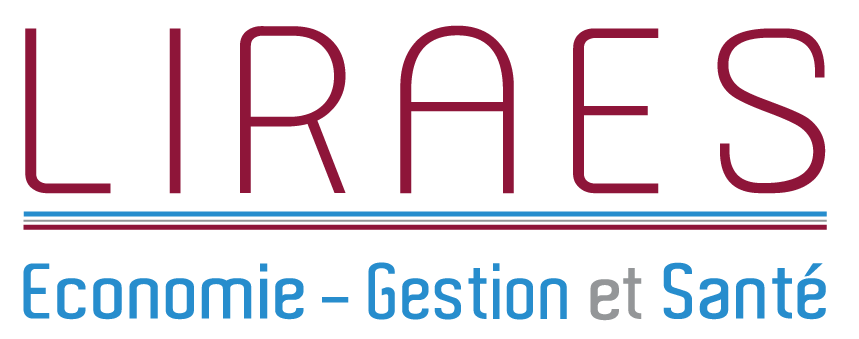Auteurs : Bertrand Chopard et Olivier Musy
Abstract: We study the market for AI systems that are used to help to diagnose and treat diseases, reducing the risk of medical error. Based on a two-firm vertical product differentiation model, we examine how, in the event of patient harm, the amount of the compensation payment, and the division of this compensation between physicians and AI system producers affects both price competition between firms, and the quality (accuracy) of AI systems. One producer sells products with the best-available accuracy. The second sells a system with strictly lower accuracy at a lower price. Specifically, we show that both producers enjoy a positive market share, so long as some patients are diagnosed by physicians who do not use an AI system. The quality of the system is independent of how any compensation payment to the patient is divided between physicians and producers. However, the magnitude of the compensation payment impacts price competition. Increased malpractice pressure leads to lower vertical differentiation, thus encouraging price competition. We also explore the effect of compensation on firms’ profits at equilibrium. We conclude by discussing our results with respect to the evolution of the civil liability regime for AI in healthcare.
Keywords
Artificial Intelligence, Diagnostic, Duopoly, Liability, Physician, Compensation
Classification JEL
I11, L13, K13, K41
